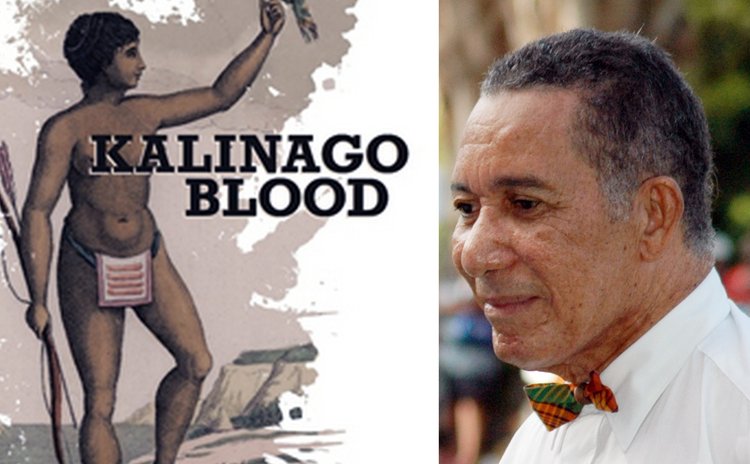Lazare releases Kalinago Blood

KALINAGO BLOOD, a novel based on historical accounts of the genocide of the Kalinago people (circa 1600 – 1700), was recently released by Abbott Press. Kalinago Blood is a story of love and betrayal, sex and violence, jealousy and ambition, and the overwhelming desire by European invaders to control and mutilate what was best in the unspoiled world of the native people of the Caribbean. Throughout the book the clash of cultures becomes a dominant theme: the moral and social inhibitions against native nudity and sexual freedom; the simple, primitive joy of union among natives in contrast with the dour self-denial of Europeans and their prim wives; the magical lure of African superstition and the spiritual power of sensual possession; the native shaman's understanding of and respect for the powers of good and evil, and of the inevitability of fate in the outcome of human actions.
The descendants of the survivors of the Kalinago genocide are still to be found in the Carib Reserve in the north of Dominica.
Alick Lazare, the author of Kalinago Blood, lives in retirement in Dominica and spends time researching the early history of the island. His extensive research has driven him to tell the story of the island from the perspective of its people. He has published a previous novel, Pharcel, about the runaway slaves of Dominica (circa 1700 to 1800), a volume of poetry, Nature Island Verses, and recently a short story Carib in an anthology, Under the Perfume Tree, by Macmillan Caribbean.
Copies of Kalinago Blood are available from Abbott Press, www.amazon.com, www.barnes&noble.com, and from local book stores in Dominica, St. Lucia and St. Vincent and the Grenadines.




